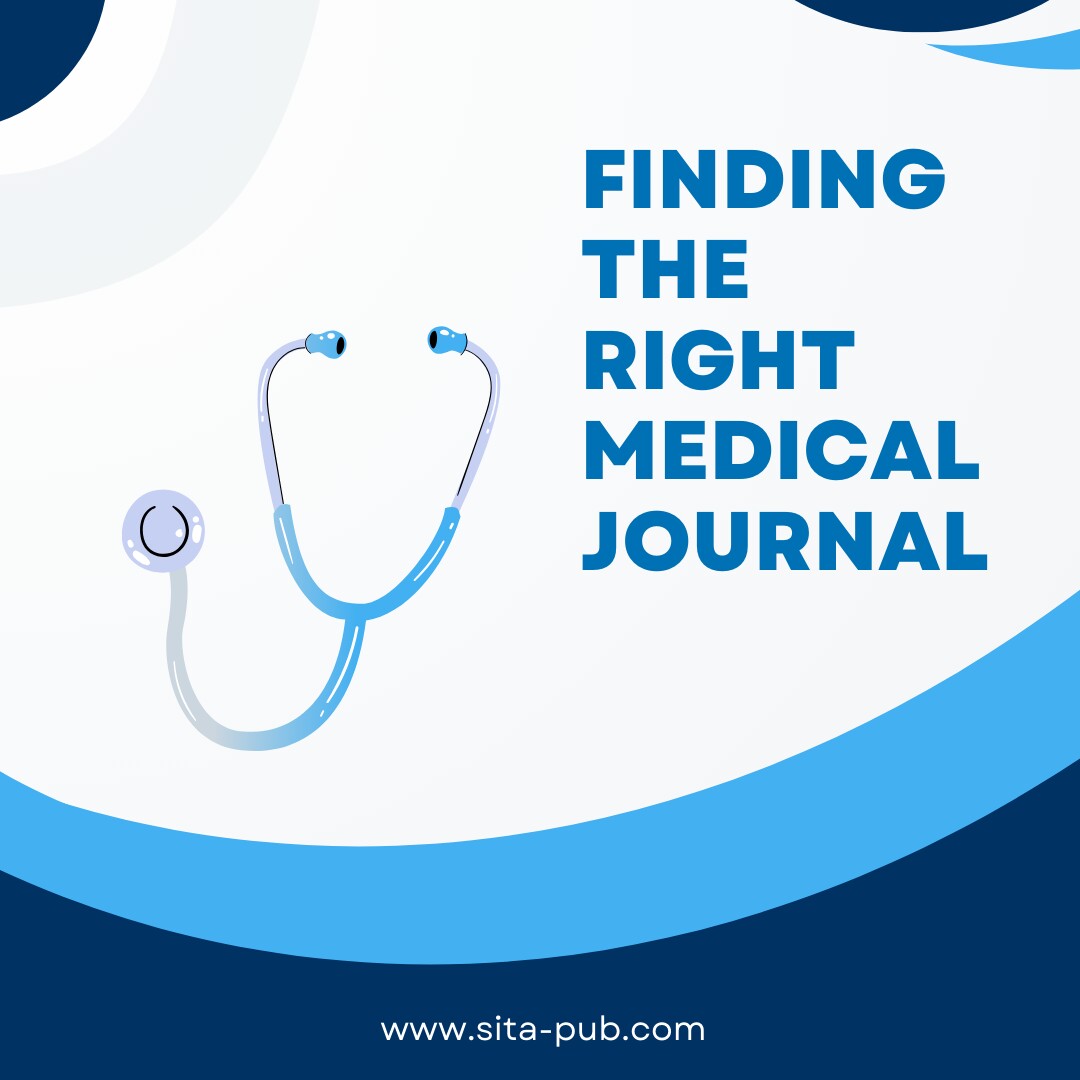Finding the Right Medical Journal


The medical field is a dynamic and ever-evolving landscape, demanding that researchers carefully choose the right journals to publish their work. With countless publications vying for attention, it can be overwhelming to identify reputable and relevant outlets for your research. This guide will provide you with a comprehensive roadmap to navigate this complex terrain, focusing on the importance of PubMed and offering practical strategies for finding the perfect journal for your medical research.

PubMed, a free online database maintained by the National Center for Biotechnology Information (NCBI), serves as a cornerstone for biomedical literature. It offers access to millions of citations and abstracts from journals worldwide, making it an indispensable tool for medical researchers. PubMed's primary functions include:
Comprehensive Search Capabilities:
PubMed's advanced search features allow you to pinpoint specific articles based on a wide range of criteria, including keywords, authors, journals, publication dates, and even specific research methodologies. This precision ensures you find the most relevant information for your research needs.
Access to Abstracts and Full-Text Articles:
While PubMed primarily provides abstracts, it often links to full-text articles available through various online libraries and publishers. This allows you to delve deeper into the research findings and gain a comprehensive understanding of the subject matter.
Tracking Citation Impact:
PubMed helps you track the number of times an article has been cited, providing valuable insights into its impact and influence within the medical community. This information can help you gauge the significance of a particular study and its relevance to your own research.
Publishing in a journal indexed in PubMed offers significant benefits for medical researchers, boosting the reach, reputation, and influence of their work:

Broader Audience and Increased Impact: PubMed is the primary source of information for medical professionals, researchers, and clinicians globally. Being included in PubMed means your research is exposed to a vast audience, increasing its potential for citations and recognition. This wider visibility can lead to greater collaboration opportunities and broader impact within the medical community.
Enhanced Credibility and Trust: PubMed indexing signifies that a journal adheres to rigorous standards of peer review and editorial processes, ensuring the quality and reliability of published research. Publishing in a PubMed-indexed journal demonstrates that your work has undergone thorough scrutiny and meets the high standards of the medical field, enhancing its credibility and trustworthiness.
Improved Discoverability and Accessibility: PubMed's powerful search engine makes it easy for researchers to find and access your work, increasing its discoverability and potential for use by others. This ensures that your research is readily available to those who need it, maximizing its impact on the field and its potential for further research and application.
Meeting Funding Agency Requirements: Many funding agencies require that research projects be published in PubMed-indexed journals. Publishing in such a journal ensures compliance with these requirements, facilitating the continuation of your research and increasing your chances of securing future funding opportunities.
Define Your Research Area: Clearly identify the specific field within medicine that your research falls under. This could be a specialized area like cardiology, oncology, neurology, or a broader field like public health. Defining your research area will help you narrow down your search for relevant journals.
Utilize PubMed's Advanced Search Features: Explore PubMed's search options to refine your search based on keywords, authors, journals, and other criteria. Use specific keywords related to your research topic and experiment with different combinations to find the most relevant results.
Look for Journals with High Impact Factors: Impact factors are a measure of a journal's influence and prestige. While not the sole factor, a high impact factor can indicate a journal's importance within the medical community. Journals with higher impact factors tend to receive more citations and have a wider readership, potentially increasing the visibility of your research.
Consider the Journal's Scope and Audience: Ensure that the journal's scope aligns with your research area and that its target audience is relevant to your work. Some journals focus on specific medical specialties, while others cover broader topics. Choosing a journal with a scope that aligns with your research will ensure that your work reaches the right audience.
Evaluate the Journal's Editorial Policies: Review the journal's submission guidelines, peer review process, and publication ethics to ensure they align with your research practices. Understanding the journal's editorial policies will help you determine if it's the right fit for your research and if your work meets their standards.
While PubMed is a valuable resource, it's not the only tool available for finding the right medical journal. Consider exploring these additional resources:
Journal Citation Reports (JCR): JCR, published by Clarivate Analytics, provides comprehensive data on journals, including impact factors, citation counts, and other metrics.
Directory of Open Access Journals (DOAJ): DOAJ is a directory of open access journals, providing a valuable resource for researchers seeking to publish their work in journals that make their content freely available.
Scholarly Publishing and Academic Resources Coalition (SPARC): SPARC advocates for open access publishing and provides resources for researchers seeking to publish in open access journals.

Navigating the vast landscape of medical journals can be overwhelming. SITA can provide you with a tailored list of PubMed-indexed journals that align with your research area, impact goals, and publication preferences. Our team of experts can help you understand the nuances of journal selection and guide you towards the best fit for your research.
What services do we offer?
If you have any questions, inquiries, or would like to learn more about our services, please don't hesitate to reach out to us. Our dedicated team is ready to assist you.